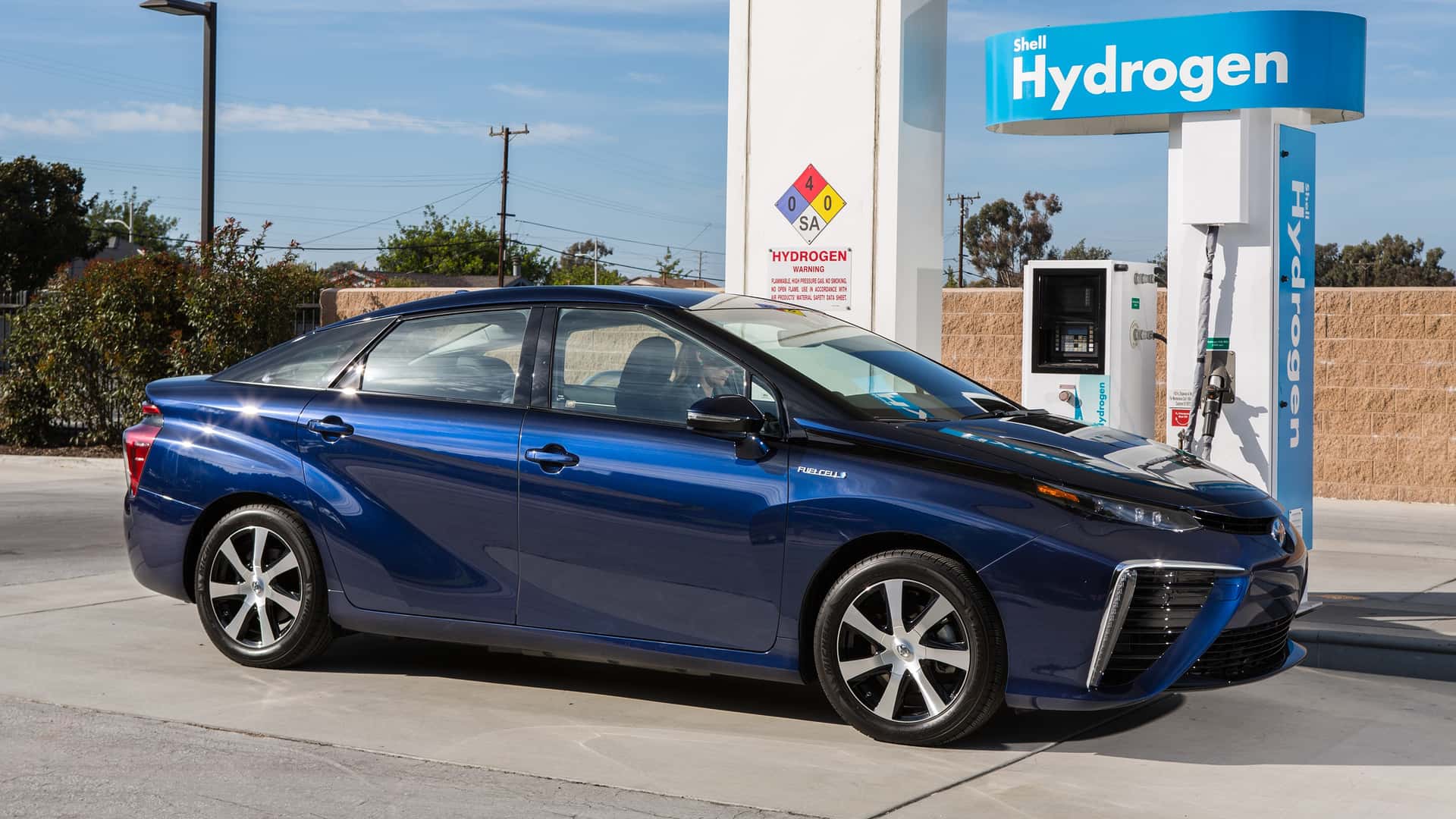- cross-posted to:
- technology@lemmit.online
- cross-posted to:
- technology@lemmit.online
Shell Is Immediately Closing All Of Its California Hydrogen Stations | The oil giant is one of the big players in hydrogen globally, but even it can’t make its operations work here.::The oil giant is one of the big players in hydrogen globally, but even it can’t make its operations work here. All seven of its California stations will close immediately.



Algae is, at best, around 10% efficient at converting light into energy. You can use solar power to produce hydrogen at better efficiency than that, but even that’s pretty poor. The best is to just use that electricity as it is, and second best is to put it in a battery.
I think we will likely need hydrogen for situations where batteries are not reasonable.
An example would be remote logging operations where delivering power is likely a non-starter.
Granted, maybe we’ll get to a point where a remote solar array could be installed … or maybe we’ll just stick with fossil fuels for that until technology gets better. However, it is a distinctly different situation from the 99% of individual use vehicles.
It’s really only long range travel away from grids (like maybe autonomous trucks traveling through very large unpopulated areas, but not on rail or boat) where hydrogen has meaningful advantages due to energy density. Anywhere else there’s something else which is comparable or better.
True. But I’m thinking a bit in terms of “solar punk”. Batteries and fuel cells require high tech materials and very complex global production lines for manufacture and supply of raw materials or instruments etc. It’s a bit of a house of cards. So I’m trying to think how you can “democratize” the base of a local economy. Genetically engineering plants for bio fuel is one way. That allows third world countries or local cities to maintain civilization even if global trade collapses.